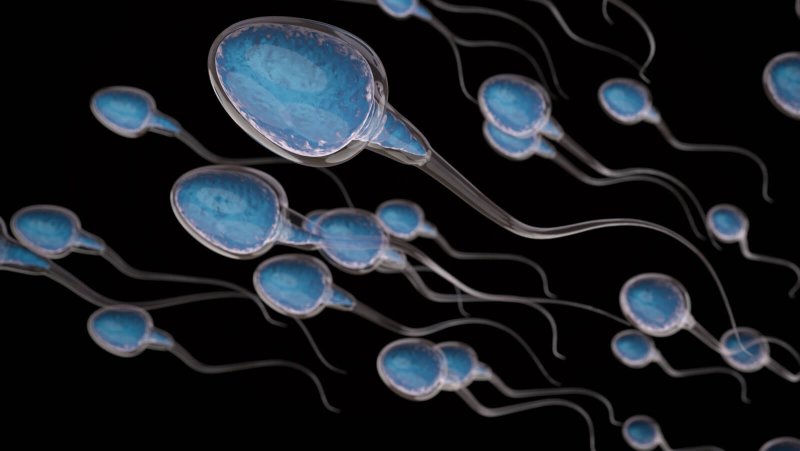The plane’s rapid descent created a microgravity environment in the cockpit and for a few seconds, [pilot Daniel] González felt what it was like to be an astronaut. Then he pulled on the yoke to bring the plane out of its dive and did it all over again.
…
This was the third and final flight of a yearlong study undertaken by a group of Spanish researchers to understand the effects of microgravity on human reproduction. This seminal study, which is currently under peer review, marks the first experimental results published on the effects of a zero-gravity environment on frozen sperm. The study was limited—the sperm was in microgravity for less than 9 seconds, for example—but it suggested that reduced gravity has negligible effects on the health of frozen sperm.
…
Microgravity is only one concern for the creation of outer space babies; then there’s the high radiation to consider too. The effects on ova, and eventually embryos, will also need to be scrutinized.
With all the ethical challenges of working with human embryos, the long-term research agenda for conception in the cosmos is fraught, at best.
Read full, original post: Scientists Take Baby Steps Toward Extraterrestrial Babies































